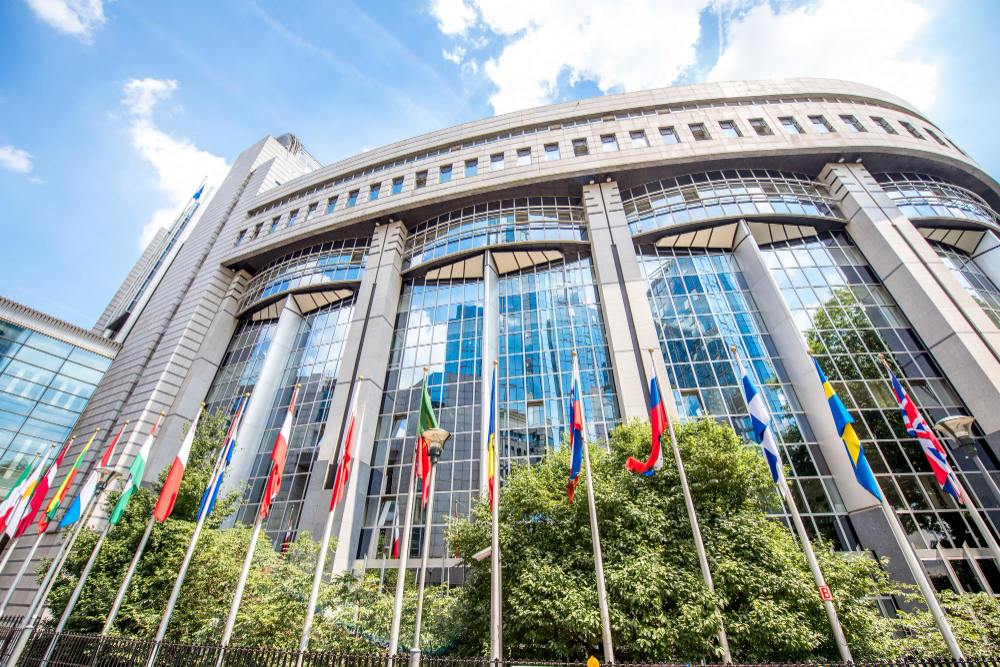The European Parliament (EP) has significantly increased its role in appointing the European Commission over the last few decades. Through multiple treaty revisions, the EP has gained the power to formally elect the Commission President and approve the College of Commissioners as a whole. To be able to vote for the President has also enabled the EP to influence the Commission’s policy agenda.
The vote on the College has enabled the EP to organise confirmation hearings for Commissioners-designate. First introduced in 1994, they have now become a common political practice. These hearings scrutinise candidates’ competence, their European commitment and their independence.
As this CEPS Explainer details, this process has been very effective from the start to trigger changes in portfolio distribution and the College’s composition. It has also further professionalised over time. Still there is room for improvement. Besides figuring out who is the best fit for the job, (inter-)institutional power play and party politics0aditionally play crucial roles.
While the outcome of the 2024 hearings remains uncertain, the process appears to have been potentially tamed by the EPP’s dominance and a culture of political tit-for-tat among the political groups.
About the author:
Sophia Russack is a Researcher in the Institutions unit at CEPS.


